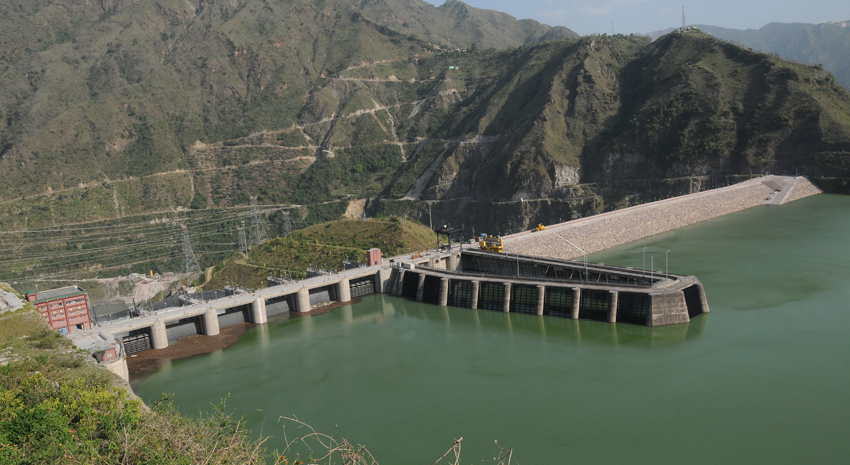State-owned electricity generator NTPC has invited solar power developers to develop 15 MW floating solar PV capacity at its Koldam Hydroelectric Power Project in Bilaspur district of Himachal Pradesh. The project would be awarded based on international competitive bidding followed by reverse auction.
The brief scope of work includes design, engineering, manufacturing, installation, testing and commissioning of the solar PV plant; site grading; and supply, installation, anchoring, fixing of floaters for solar PV panels. Solar PV cells and modules for the project can be sourced from anywhere in the world. The selected developer would also have to provide operation and maintenance support to the solar PV plant for a period of three years from the date of successful completion of trial run.
Floating solar in India
India is planning large-scale floating solar arrays on hydropower reservoirs and other bodies of water in Tamil Nadu, Jharkhand and Uttarakhand, as well as at the Lakshadweep islands.
“India has sufficient land for traditional solar installations, much of it is in remote areas inhospitable to agriculture, including deserts,” Shailesh K. Mishra, Director of Power Systems at the Solar Energy Corporation of India (SECI), told the Thomson Reuters Foundation. “Putting solar panels on water, by comparison, cuts transmission costs by moving power generation closer to the people who need the energy.”
SECI has already proposed 10 GW of solar be developed on such sites over the next three years, and such plans offset the physical and legal hurdles of aggregating locations for land-intensive solar projects.
Bridge To India analysts expect India to add some 83 MW of floating solar in 2019, with 33 MW tendered by NTPC in Kerala and 50 MW by the Solar Energy Corporation of India (SECI) in Uttar Pradesh.
This content is protected by copyright and may not be reused. If you want to cooperate with us and would like to reuse some of our content, please contact: editors@pv-magazine.com.









By submitting this form you agree to pv magazine using your data for the purposes of publishing your comment.
Your personal data will only be disclosed or otherwise transmitted to third parties for the purposes of spam filtering or if this is necessary for technical maintenance of the website. Any other transfer to third parties will not take place unless this is justified on the basis of applicable data protection regulations or if pv magazine is legally obliged to do so.
You may revoke this consent at any time with effect for the future, in which case your personal data will be deleted immediately. Otherwise, your data will be deleted if pv magazine has processed your request or the purpose of data storage is fulfilled.
Further information on data privacy can be found in our Data Protection Policy.